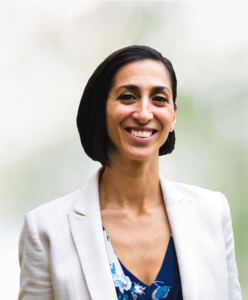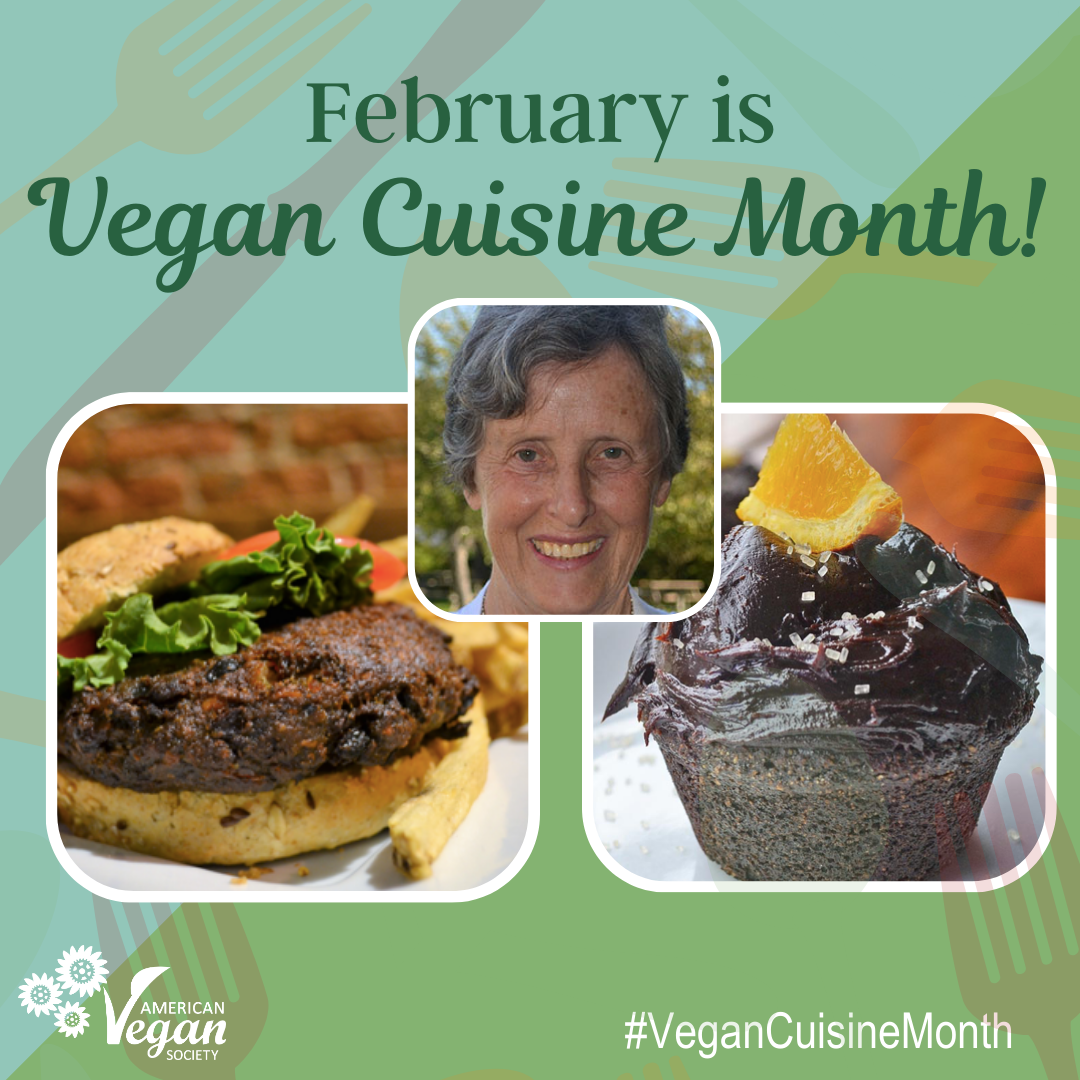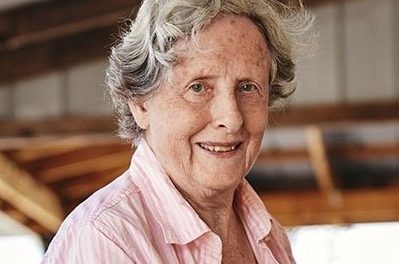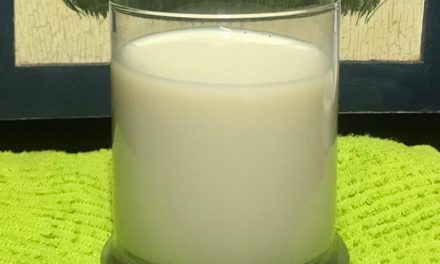
Brooke Goldner, M.D.
Guest post by Brooke Goldner, M.D.
It is a scary time for many as we face a global crisis of the Coronavirus pandemic. While we need to be careful, vigilant, and aware, we don’t want to go into panic mode.
Although many people feel trapped in their homes, it’s important to remember that we are not being locked away in prison. We are choosing to stay home to protect the vulnerable, the healthcare providers on the front line, and give the scientists and doctors more time to figure out the best treatments.
While you are home, it’s important to stay informed, stay healthy, and stay happy. Here are my best tips to do all three:
LEARN THE FACTS
What is Coronavirus?
Coronaviruses are a large family of viruses that can infect people or animals, and rarely, can mutate and spread from animals to people.
COVID-19 is a Coronavirus believed to have crossed over from animals to infecting people like SARS and MERS did previously.
Infections across species are primarily caused by encroachment of humans into animal environments, factory farming, and animal markets.
With COVID-19, the virus is believed to have come from bats. The source of the infection has been localized to a large seafood and live animal market in Wuhan China. Since then it has been person-to-person spread around the globe.
What is a Pandemic?
While an epidemic indicates the sudden increase in a disease, an epidemic can be localized to just one city, state, country or continent.
A pandemic is declared when a new disease, for which people do not have immunity, spreads around the world rapidly. It is basically an epidemic that spreads worldwide.
COVID-19 is classified as a pandemic since it has spread to more than 50 countries, and there is no known immunity, vaccine, or medical treatment to slow it down or stop it.
What are the Symptoms?
There are a variety of symptoms that have been attributed to COVID-19. The most common symptoms are cough, fever, and in severe cases, difficulty breathing.
This last symptom is the most urgent reason to seek diagnosis and medical care because it is the primary cause of death in people who have lethal outcomes from the virus.
It is currently believed that most people have mild symptoms from the virus, and many who are infected might be asymptomatic, with no symptoms at all.
However, since it can be fatal, containment is essential to protect the vulnerable who may have more severe or devastating symptoms.
Not everyone who has symptoms will have cough, fever, and shortness of breath. It’s possible for this viral infection to mimic other flu symptoms or simply present as a headache or extreme fatigue. Other common symptoms that have been reported are extreme fatigue, conjunctivitis (pink eyes), sore throat, headache, chills, lack of appetite, gastrointestinal pain, and loose stools.
Again, breathing difficulty, or chest pain with breathing is an urgent medical issue, and you should call your doctor or emergency room right away for instructions for receiving treatment.
Who is at risk?
While any one of us can be infected with the Coronavirus, not everyone will develop symptoms, and most of us will only have mild to moderate symptoms that do not require medical care.
The people most at risk for severe complications from COVID-19 are people with cardiac (heart) disease, pulmonary (lung) diseases, people with autoimmune disease or low immunity, and people over the age of 70.
However, there have been rare instances of severe symptoms and even death in younger people with no diagnosed medical issues, so we all need to be careful and protect ourselves.
What is the treatment?
In spite of various reports to the contrary, there is no cure, vaccine, or specific antiviral treatment yet. There have been isolated reports of positive outcomes using medicines that cause immunosuppression, malaria medication, and certain antibiotics. However there has not been a consensus in the medical community that any of these treatments are consistently successful, and testing continues.
For people with respiratory complications, hospitalization and breathing support may be necessary.
Otherwise, it is recommended that you treat the symptoms at home the way you would treat a cold or flu: rest, drink a lot of water, nourish yourself, and stay quarantined from others.
EAT IMMUNE-BOOSTING FOODS
Since any of us could be exposed to COVID-19, all of us should be feeding our immune systems the very best foods. And the same foods that I use to successfully reverse autoimmune diseases also help optimize immune health and resistance to disease.
It’s a good time to be avoiding the most inflammatory foods, and also hyper-nourishing our bodies with the most potent and powerful disease-fighting foods that most people, including vegans, are usually missing.
Here’s a page with some of the top food choices, as well as videos on coronavirus-related topics. (Editor’s Note: More info on this will be included in the upcoming issue of American Vegan magazine.)
STOP THE SPREAD
How Do We Stop The Spread?
Since we do not have immunity, nor a specific treatment, the best thing all of us can do right now is stop the spread of the illness.
This protects those who could have debilitating or devastating outcomes while giving scientists time to develop treatment.
Staying home and slowing the infection rates also slows down the overwhelming tide of patients showing up at hospitals, wearing out overworked doctors and nurses on the front lines caring for the sick.
Slowing the spread of the virus requires all of us coming together as a species, to protect each other how we would protect our parents, sisters, or brothers.
We must think of what is best for the sickest and weakest among us, rather than what we want for ourselves. It’s difficult. It can be stressful or lonely, but it is our best chance right now to save each other’s lives.
If you feel sick:
- Stay home unless you need medical care.
- If you need medical care, call your doctor or emergency room first; do not go right to the clinic or office.
- Find out if your doctor does telemedicine. I exclusively do telemedicine and some primary care doctors may have this available to you as well, especially now. If you stay away from the clinics and hospital, unless directed to go, you can prevent the spread of the infection to others.
- Separate yourself from other people in the in home. Wear a mask when you must be around people.
- The newest update from the CDC says it is okay to be around animals when you are infected. However there has been recent news that cats can be infected by humans, so I would limit contact with animals in the home while you are sick.
If you feel well:
- SOCIAL DISTANCING or physical distancing is the best defense we have right now against the spread of the virus. This requires you avoid all in-person contact with people who did not live with you. Do NOT have people over your house or go to house parties. Asymptomatic people are now the primary source of disease transmission.
- Avoid close contact with people who are sick.
- Avoid touching your face, nose, and eyes.
- Avoid touching doorknobs your hands, or if you must touch one, wash hands or use hand sanitizer afterwards.
- Cover your cough or sneeze with a tissue and put the tissue in a lined trash can. Then wash your hands soap and water. If you don’t have a tissue, cough or sneeze directly into elbow and wash hands as soon as possible.
- Disinfect common surfaces high-touch areas daily
- Wash your hands often with soap and warm water for at least 20 seconds in warm water after using a bathroom, before eating, after blowing your nose or coughing or sneezing, after coming home from a public place
- Stay home whenever possible. Use food delivery or medicine delivery when possible. Limit outings for necessary things ONLY.
- Stay away from places that will have 10 or more people in the same space. Again, STAY home whenever possible.
- Ask your church, temple or synagogue if they have online services
- If you MUST go out, use a mask if you have one, or a bandana or a homemade mask, as well as goggles or glasses, and gloves.
- STAY INFORMED: I will continue to update you with new information as we have it at GoodbyeLupus.com/Coronavirus
Stay connected, take great care of yourselves, and we will overcome this pandemic together.
Dr. Brooke Goldner, a member of the AVS Speakers Bureau, is a board certified medical doctor and the author of the books Goodbye Lupus, Goodbye Autoimmune Disease, and Green Smoothie Recipes to Kick-Start Your Health & Healing. She graduated from Carnegie Mellon University with honors for her research in leukemia and neurobiology. She then graduated from Temple University School of Medicine, and was Chief Resident at UCLA-Harbor Residency. She holds a certificate in Plant-Based Nutrition from Cornell University.




